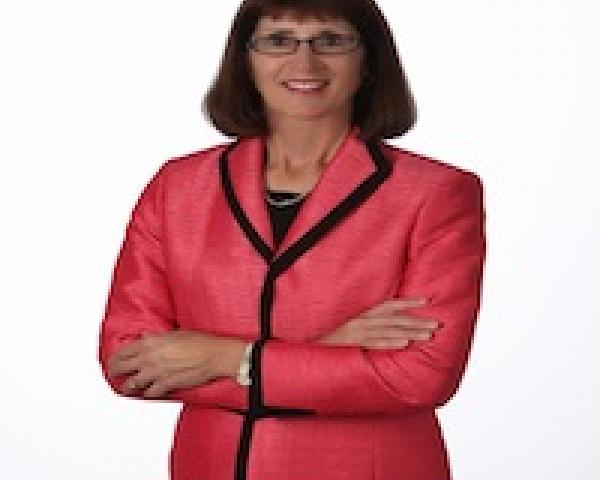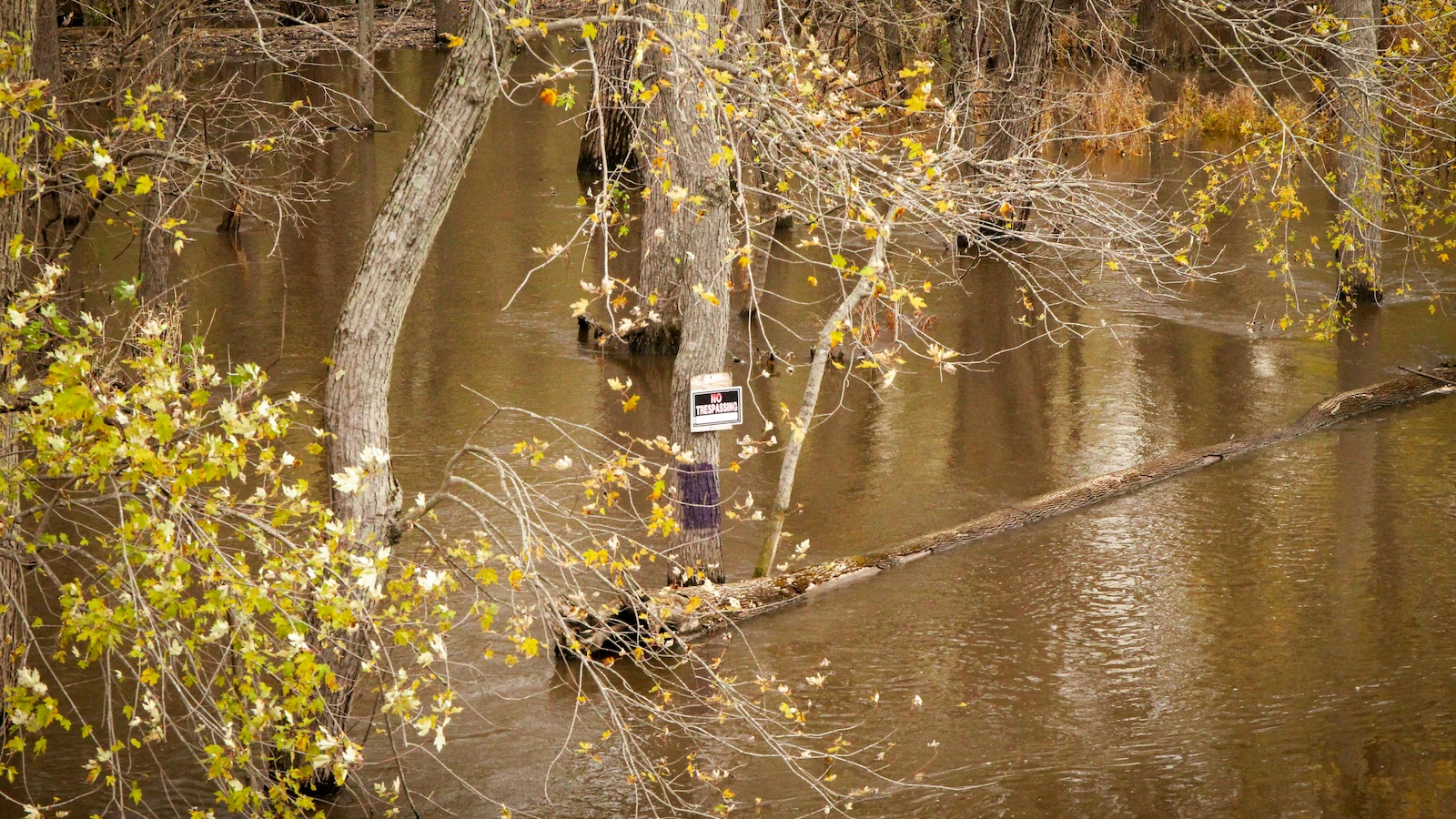Managing partners at many insurance defense law firms across the country are on an elusive quest to get on more insurance panels.
Defense law firms traditionally build client relationships with insurance carriers, self-insured entities and municipalities over many years. In today’s rapidly changing legal climate, however, these relationships are increasingly being replaced with a formalized application process.
Being named as panel counsel is not easy. For starters, it is frequently difficult to determine who is in charge of the hiring process.
This article provides some insight into the panel counsel selection process.
How to Become Panel Counsel for an Insurance Company
At one level, every insurance company panel is different. Listed below are the most common ways that insurance companies are organized to manage the panel process:
- National overseers may review all panel counsel applications
- Regional managers may have responsibility for multiple states
- State-level coordinators may be the point of entry
- Panels for multi-subsidiary insurance companies may be consolidated in one division
- Purchasing departments increasingly are screening interested vendors
- Online applications are also becoming popular
In some insurance companies, there may be multiple points of entry that could be used to gain consideration for a panel. Many carriers, for example, maintain multiple panels. Examples might include a separate employment practices (EPLI) panel or a construction defect panel. There may be an independent panel manager for each of these claims areas who has some independent hiring capabilities. While a variety of panels adds opportunities to counsel selection, it also adds to the complexity of the business development effort.
There are also many similarities in the panel application process:
- Personal referrals are the best way to gain panel consideration
- Periodic panel reviews (every one to two years) may be used
- Even if a law firm gets on a panel, it may take time to establish a consistent stream of new cases
Finding the Panel Manager
There are several ways to identify the best point of contact within an insurance company, including:
- Ask around within your network
- Attend industry conferences
- Conduct Internet research
- Review insurance company websites
- Make telephone calls to the carrier
Insurance company websites typically do not specifically identify an individual as the actual panel manager, but they might point an interested party in the right direction.
Claims adjusters used to play a significant role in panel counsel selection, but this is becoming less common. A law firm in search of new insurance defense panel positions may, however, find it worthwhile to explore professional meetings of insurance adjusters in its geographic area, particularly if there is an active claims association. A recommendation from a local adjuster can certainly help to reinforce a panel application.
Starting the panel research process from a blank piece of paper can be an extremely time-consuming and frustrating process. Trying to balance this research with the demands of a very busy law practice is particularly challenging.
Background on the Insurance Market
There are 2,700 property and casualty (P&C) insurance companies in the U.S., according to the U.S. Federal Insurance Office and A.M. Best. Insurers are regulated at the state rather than the federal level, meaning that each state maintains a department of insurance with information on the insurance carriers admitted to do business in that state. Insurers with primary corporate headquarters located in a given state are called domestic insurers.
Law firms starting a search for panel positions may find data posted on the website of their state’s insurance commissioner to be useful. Annual market share reports are frequently available, which identify the top 25 carriers in the state by service line, such as auto, commercial general liability, medical liability, etc.
Additionally, the department of insurance within each state typically provides an online list of all carriers admitted to sell insurance in that state. While this may appear to be helpful at first glance, the researcher who downloads a list of admitted carriers is frequently faced with hundreds of different insurance company names to sift through. Upon closer inspection, it becomes clear that many of the carriers admitted within a state are actually subsidiaries of larger insurance companies.
Business Development Is a Numbers Game
As discussed earlier, a personal introduction to the panel manager is generally the most productive approach. In today’s world of carrier consolidation and litigation centralization, however, it can be difficult to stay abreast of panel managers.
The law firm is faced with the challenge of first identifying the panel manager and collecting accurate contact information. Next, the firm’s managing partner or lead rainmaker needs to reach out to the manager and make an introduction to the firm. An in-person meeting is ideal, but difficult to achieve initially. Generally, an introductory letter or email can be used to try and arrange a phone call to start the business development process.
Here are some of the responses a law firm is likely to get from panel managers during this early outreach effort:
- Request for more information about rates and services
- Agreement to set up an in-person meeting (which is likely to involve travel)
- Notification of the panel review cycle, with a promise of notification prior to the next cycle
- Indication that the panel is full, with a promise to contact the firm in the event of a conflict
- Silence (meaning no response)
While many law firms optimistically hope to be engaged by one out of every two or three carriers they contact, the more common reality is that business development can be a long and arduous process.
A law firm is best served by constantly screening dozens of insurance carriers, self-insureds and other prospective clients for business development opportunities. Firms that are expanding geographically or into new product lines may also be creating panel opportunities. Insurance companies that are consolidating because of mergers or the growth of in-house counsel should be avoided.
Never Stop Marketing
The best time to start looking for new clients is while the law firm is operating from a position of strength. Business development can have a long timeline, and it is impossible to predict when a prospect’s needs for legal services may develop. Delaying the start of a campaign until the law firm is desperate for new business is not advisable, because the firm may then be forced to accept a lower-quality client at less than ideal rates.
After making an initial introduction to a carrier, the challenge is to keep the conversation going. Reaching out to the panel manager in a substantive way every four to six months can be an effective way to build a positive impression for the law firm. Meaningful ways to stay in touch can include the following:
- Send an article written by the law firm.
- Keep carriers informed of favorable case outcomes
- Offer to teach an in-house CLE
- Submit an analysis of pending legislation or emerging market trends
- Maintain an active social media profile, especially on LinkedIn
Dropping the ball on prospect communications, while understandable, can be deadly to a business development effort. Rejection is a common first response, but the successful rainmaker will be best served by considering a negative initial response from a panel manager to simply mean “not now.” An exception is the carrier that says something like, “We have used ABC law firm exclusively for the past 10 years and have no reason to change” or “Our case volume is so low that we handle most matters internally.”
The administrative assistant to the panel manager can also be your friend. Treat all members of the panel management team respectfully to build a positive impression of the law firm.
Industry conferences can be an ideal forum for meeting panel managers. Of course, many law firms are thinking the same thing, so it can be helpful to make advance appointments. The Claims & Litigation Management Alliance (CLM) and DRI are two leading organizations that bring claims executives together with insurance defense lawyers.
Specialized organizations targeting selected industries can also be helpful. Examples include the Trucking Industry Defense Association (TIDA) and the National Retail and Restaurant Association (NRRDA).
Maintain Attractive Marketing Materials
The business development cycle will generate the best results when backed by attractive and informative marketing materials.
The law firm’s website is an important foundation for any marketing effort, because the attorney bio pages are frequently the starting point in a prospect’s effort to become better acquainted with a candidate.
A “beauty contest” can be an apt descriptor for the competitive process of vying for coveted panel positions. While the primary goal is to have a law firm stand out from the competition in substantive ways, the techniques outlined below can significantly enhance an RFP or business presentation.
- Graphic design. Extend the law firm’s brand by using the logo, color scheme and photo styles from the website.
- Attorney photos. Four-color head shots start the get-acquainted process and help the prospect to envision a lawyer in a court representation.
- Credential icons. Martindale, A.M. Best and the CLM logos all have high recognition value within the insurance industry.
When including a list of clients or references, client confidentiality guidelines suggest that the law firm first obtain written informed consent from each client.
In Summary
Marketing is a process and not an event. Managing partners of insurance defense law firms are advised to get started on a serious business development effort, perhaps backed to an active law firm marketing committee. Staying actively committed to an expansion effort, while challenging, will yield the best results in the long run.








